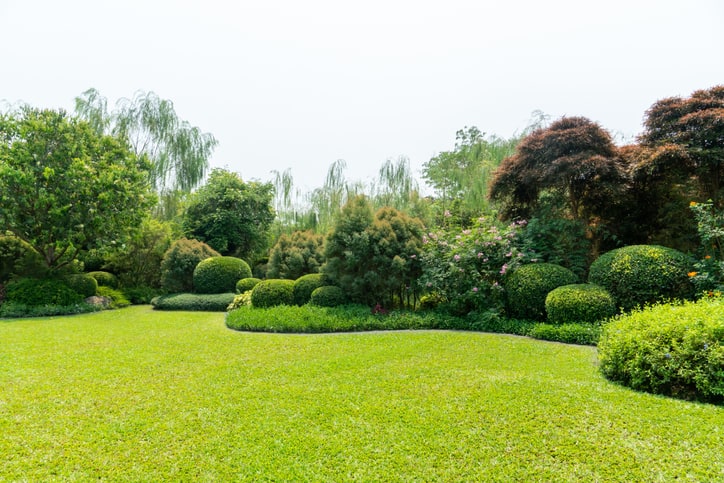While others prefer to spend most of their company inside their homes, many still prefer to bask in the sun and soak in the beauty of nature outdoors. Being exposed to sights of beautiful flowers, grass, and sunshine makes relaxing outside feel more refreshing and rejuvenating.
For this reason, many homeowners are increasingly more keen on having an outdoor garden and landscape for their property. For them, an outdoor space makes for a worthy investment since it serves as a great refuge for peace of mind and comfort. But besides this, having wonderful garden landscaping also boosts your home’s curb appeal significantly and presents a great first impression for those who look at it.
If you want to incorporate extra refurbishment into your property or yard, such as flowerbeds or greenery, you should consider the wide array of benefits of utilizing landscaping.
Benefits of Landscaping
Apart from curb appeal enhancement, adding a fresh touch of lush greenery like trees and grass contributes to cooler temperatures. Compared to bare soil or asphalt, grass helps radiate cooler temperatures around your property which helps you cut down on air-conditioning costs. Moreover, it’s also a nice change considering how hot summer days can be – planting more trees in your area can help reduce the heat and make it even more pleasant for you to enjoy your time outdoors.
Moreover, several studies show that being exposed to nature is also good for an individual’s mental health. Having a landscape for your establishment or home can significantly help reduce your feelings of stress, improve happiness levels and also boost your memory. An outdoor landscape lined with trees, flowers, and fresh fragrances is therapeutic and plays a valuable role in healing at the same time.
A well-done landscape also protects your buildings and homes. Landscaping provides a certain sense of balance, especially since there’s nothing good that comes out of excessive plants or trees. For example, overgrowth from roots or branches can cause issues and impact your house’s foundation or waterworks.
For this reason, landscapers make sure to strike that healthy balance to create a well-maintained landscape for your home. More than anything, they prioritize environmental sustainability and health without compromising or hurting nature.
Difference Between a Landscape Designer vs. Architect
Now that you know some of the wonderful benefits of landscaping, you might be considering getting one for your own property as well. As mentioned, landscaping isn’t just an effort of incorporating greeneries or flowers however you want – there’s also a need to strike that healthy balance of environmental maintenance to protect your home. If this is the case, who do you go to for landscaping services?
Landscape Designers and Architects are often confused with each other, but mainly because the nature of their job is somewhat similar. But while this is true, they work in completely different places of your property and have distinct specializations as well. Landscape designers handle site-specific and primarily residential projects, while architects deal with a large variety of project scales, including urban, regional, and residential.
What is a Landscape Designer?
In a nutshell, landscape architects basically cover both residential and commercial projects and then work to execute them, while landscape designers work on a relatively more minor scope. For this reason, architects should have comprehensive knowledge about issues such as drainage and construction, while landscape designers have more expertise in plant knowledge and various gardening aspects.
Landscape Designers do not necessarily need a license to do their jobs, and their duties mostly depend on their experience and extent of knowledge. However, their main responsibility is to produce an aesthetic and well-maintained landscape for their clients, mostly in private and residential areas. For this reason, designers would often discuss softscapes with them, which involve natural materials and plants, or hardscapes for the more concrete materials such as patios, pools, walls, and lighting. Besides this, they are also more knowledgeable about plants’ nativity and how to adhere to sustainable planting and lawn care.
What is an Architect?
On the other hand, architects or landscape architects dwell more on commercial-related projects involving streetscapes, parks, or university campuses. Whenever they generate their own plans, they consider both the natural environment and concrete structures like walkways or buildings. They are responsible for integrating both the natural elements and constructed ones together in a way that functions and caters to the people’s needs.
Unlike landscape designers, architects require a Bachelor’s degree to pursue this career, though one can opt for a Master’s degree for advanced skills and knowledge. You would also need to have state licensure since architects need to have sufficient knowledge of regulations and laws regarding energy usage or building construction which is vital to public areas.

Recent Comments